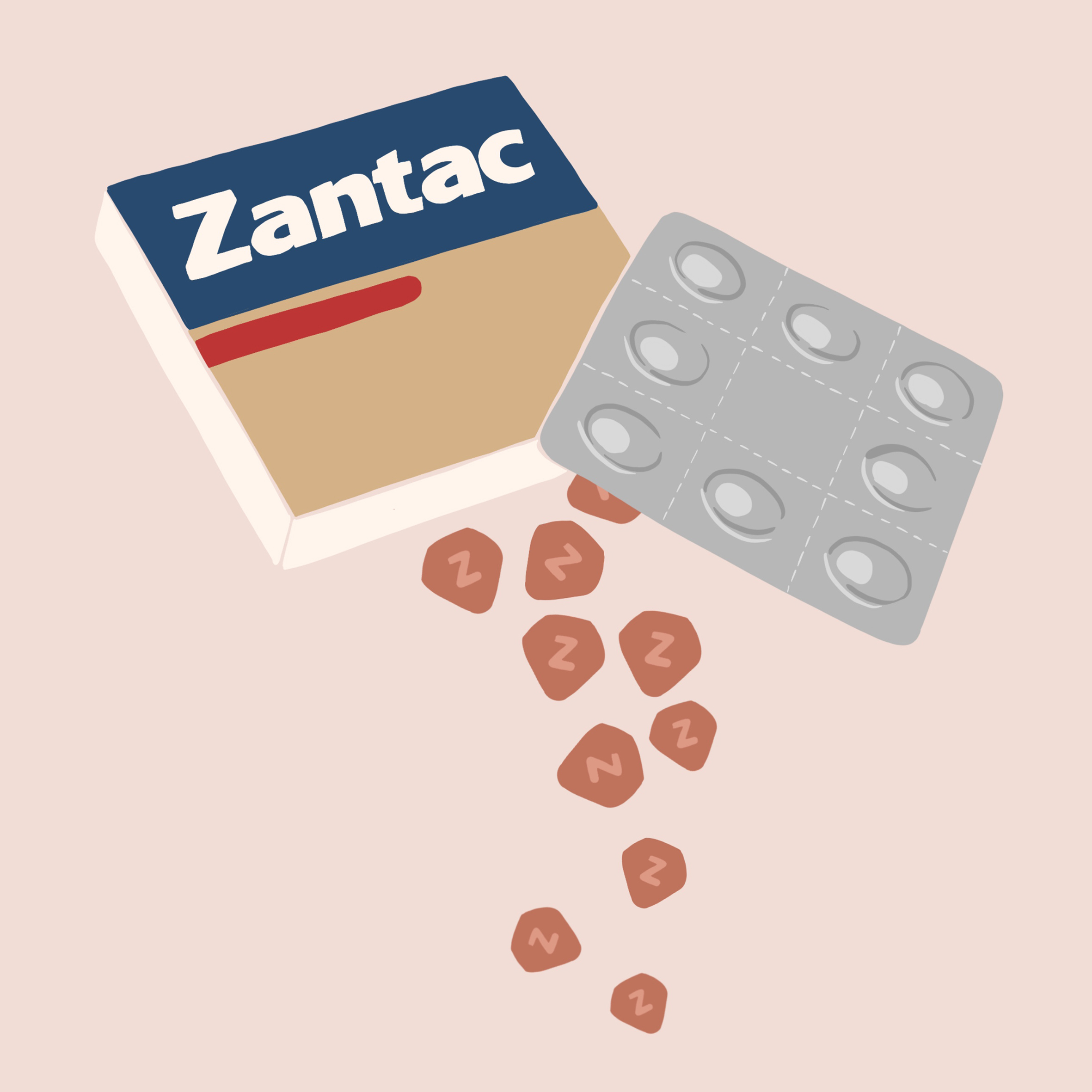Attorneys from four firms representing 40 California plaintiffs who claim they developed cancer after using Zantac have recently filed a petition to consolidate product liability cases against the manufacturers of the heartburn medication.
The manufacturers include GlaxoSmithKline LLC and, depending on the case, Sanofi-Aventis, Boehringer Ingelheim Vetmedica Inc. or Pfizer Inc. The cancers listed in the complaints are thyroid, bladder, kidney and prostate cancer, among others.
A successful consolidation could result in the alignment of existing cases against the same manufacturers, specifically those in the Florida multidistrict litigation headed by U.S. District Judge Robin Rosenberg.
If juries are presented with a large number of defendants alleging similar injuries, the individual claims of those plaintiffs may appear to be stronger and more justified. This is one of the arguments against mass tort laws commonly applied by defendants.
Consolidation can also lend additional credence to individual cases that seem to be outliers. An example of an outlier-type case involves the 8-year-old child who allegedly developed testicular cancer after his mother took Zantac while pregnant, as reported by Law360.
The central issue focuses on whether NDMA contamination in Zantac caused specific cancers, and if the manufacturers knew about the risks.
Zantac has only recently been shown to have unusually high levels of NDMA, after an investigation by the U.S. Food and Drug Administration. Exact levels of NDMA contamination in each medication lot, impacted by factors such as extended exposure to heat, are not conclusively known.
In April 2020, the FDA requested U.S. market withdrawal of Zantac, followed by conflicting studies about the long-term effects of Zantac use and NDMA contamination. The risks have not yet been fully explored.
As the cases proceed, it’s important to stay current on the emerging research related to NDMA in Zantac.
